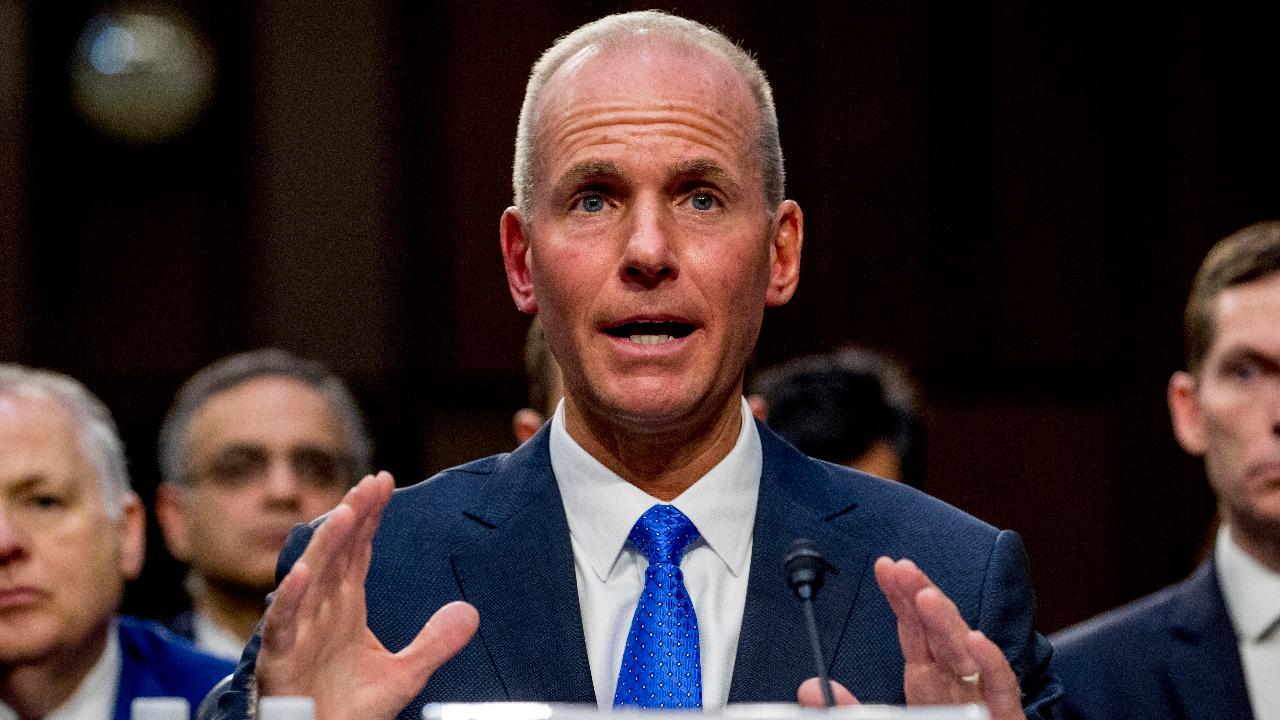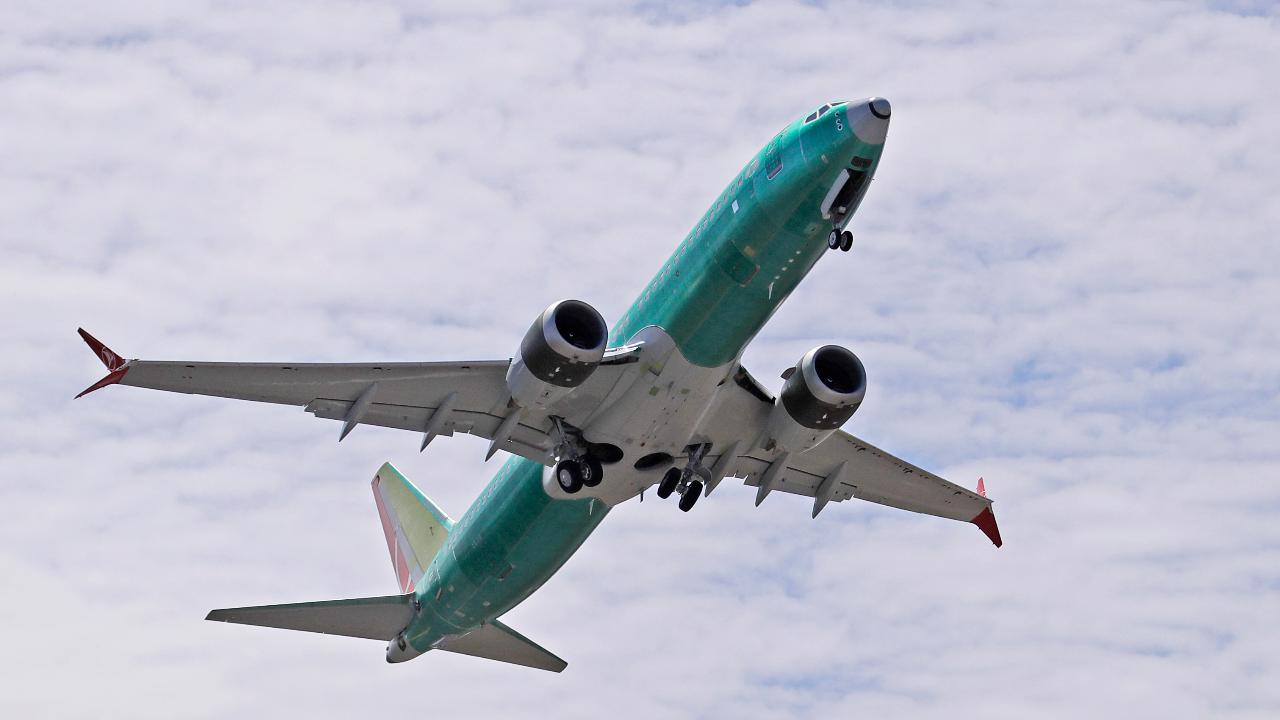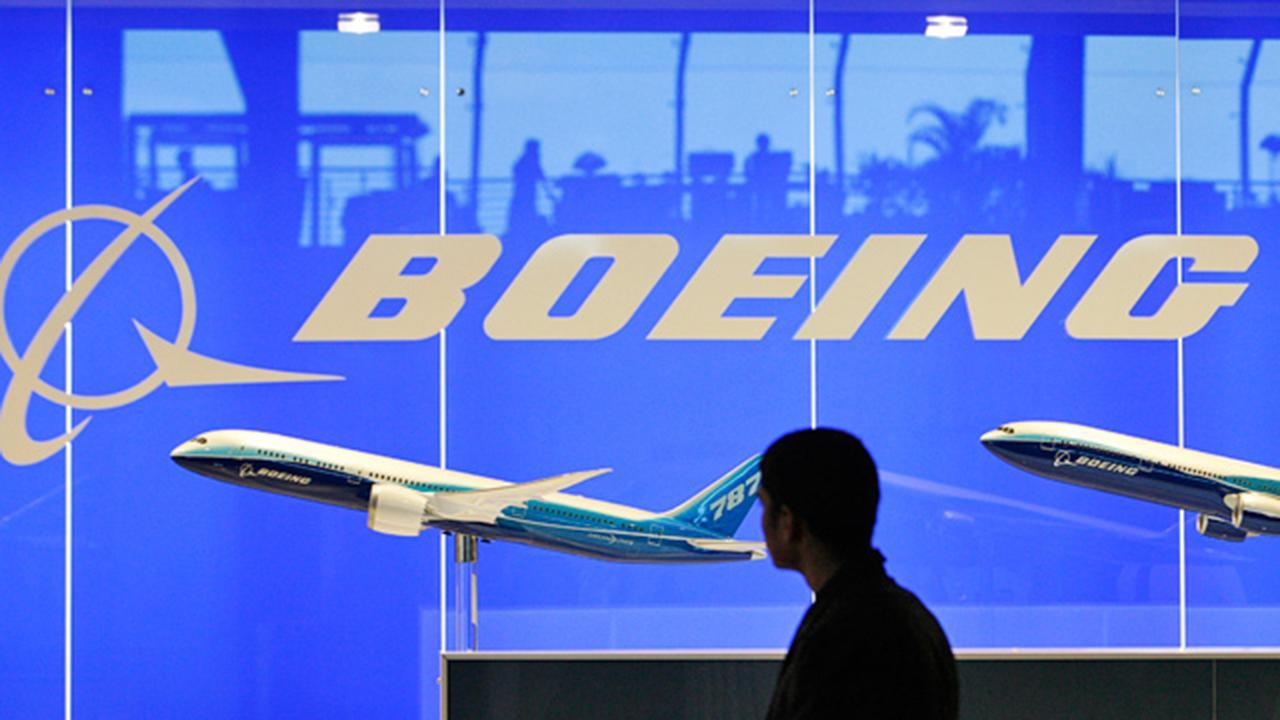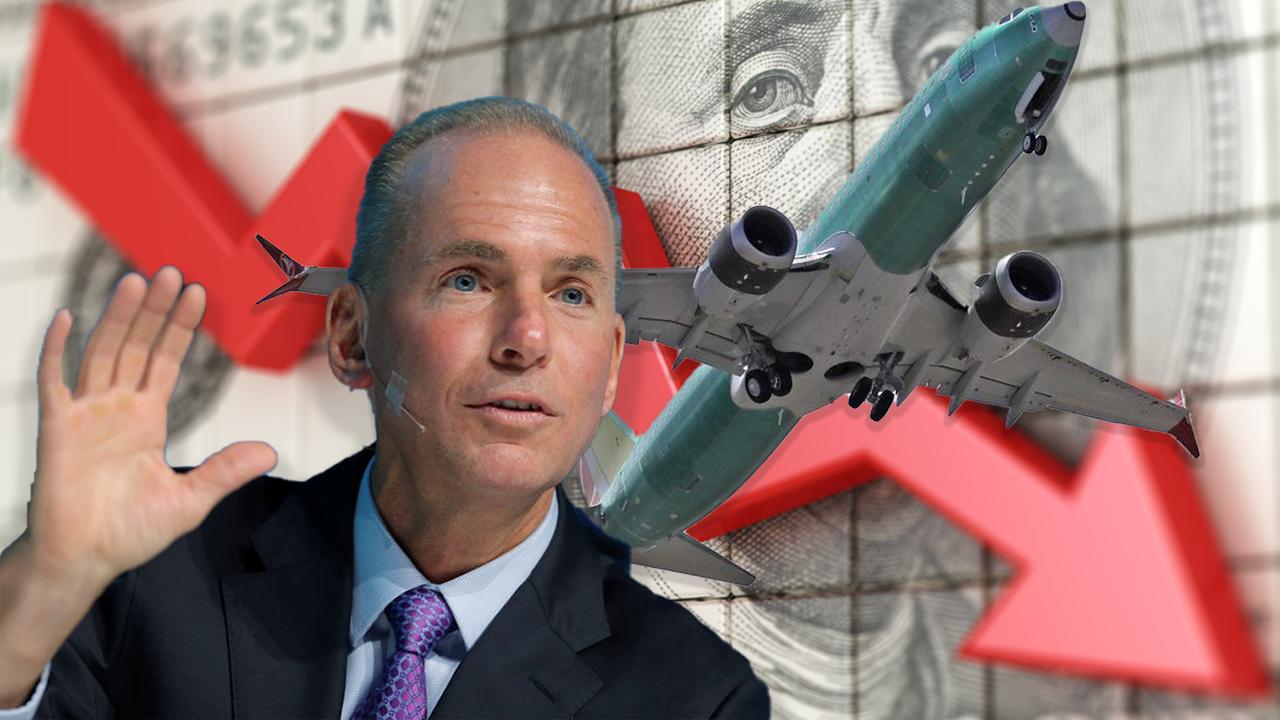Boeing 737 Max hearing: Pilots want answers to these questions
Pilots want answers on how Boeing will rebuild trust with its partners when CEO Dennis Muilenburg appears before Congress on Tuesday and Wednesday to answer questions about the deadly crashes and grounding of the company's 737 Max planes.
"Safety culture doesn’t work unless there's trust. Without trust, that airplane will not fly," Dennis Tajer, spokesman for the Allied Pilots Association and an American Airlines pilot, told FOX Business.
On the anniversary of the first of two deadly crashes involving the 737 Max, Muilenburg will tell Congress that the aircraft company knows it made mistakes and is throwing everything into fixing the plane.
| Ticker | Security | Last | Change | Change % |
|---|---|---|---|---|
| BA | THE BOEING CO. | 243.03 | +6.08 | +2.57% |
In their final report on the first crash, Indonesia investigators said last week that Boeing's design of a key flight-control system made the plane vulnerable if a single sensor failed — disregarding the aviation industry's long reliance on redundant systems to prevent disaster. They also faulted Lion Air, which operated the plane, and U.S. regulators who approved it for flight.
Here are some questions that pilots like Tajer want answered when Muilenburg is in the hot seat:
Does Boeing create perverse incentives for employees to greenlight unsafe systems?
"We know now that there was a lot of pressure being put on people to get the Max out. Were there bonus incentives tied to that and what role does that play?" Shem Malmquist, a visiting professor of advanced aircraft operations at Florida Institute of Technology, told FOX Business.
Malmquist is a Boeing 777 captain.
Congress is expected to consider changes to the way the Federal Aviation Administration certifies new planes and its practice of deputizing employees of Boeing and other aircraft manufacturers to perform safety tests on key components.
GET FOX BUSINESS ON THE GO BY CLICKING HERE
"Claims were made about [Boeing having] a cozy relationship with FAA," Malmquist said.
Some relatives of passengers who died in the crashes want Boeing banned from conducting safety reviews — they want FAA inspectors to do all that work. Such a change would require a big increase in FAA's budget. According to House Transportation Committee Chair Peter DeFazio, there are about 45 FAA inspectors overseeing 1,200 Boeing employees who conduct much of the actual testing.
How will Boeing ensure its safety testing accounts for the human variable?
"You don't just have a piece of equipment. You have two human beings who are the last line of defense," Tajer said. "Don't assume the human has supernatural qualities or talents. Design an airplane for an average day, a well-trained average crew, not your test pilot."
DeFazio said he will ask Muilenburg why Boeing didn't tell FAA about changes during development of the Max that made the flight-control system called MCAS more powerful. DeFazio suggested that Boeing concealed the true power of MCAS to discourage regulators from examining the system more closely.
On both fatal flights, faulty sensors caused MCAS to push the planes' noses down, and pilots were unable to save the aircraft. Boeing is now making the nose-down pitch less frequent and powerful, and it is adding redundancy by tying it to two sensors and two computers instead of one each at a time.
BOEING COMMERCIAL PLANES CHIEF EXITS AMID FALLOUT FROM 737 MAX CRASHES
"We learned the system was even more powerful in its onset than was originally described to us. It was somewhat downplayed. When we spoke with Boeing they up-played our experience and ability to deal with it ... Once the Ethiopian crash happened, it opened everybody's eyes," Tajer said.
What if the U.S. gives the 737 Max the all-clear, but other countries don't?
"How do they anticipate addressing this aircraft could be certified in the U.S. and not in other countries? How would Boeing address the Max being only good to fly in U.S. and not in Europe?" Tajer said.
The U.S. was far from the first country to ground the jet when it did so in March. Countries including China, Ireland, the United Kingdom and all of Europe either suspended use of the aircraft or banned the planes from their airspace before the U.S. made the call.
CLICK HERE TO READ MORE ON FOX BUSINESS
The Associated Press contributed to this report.























